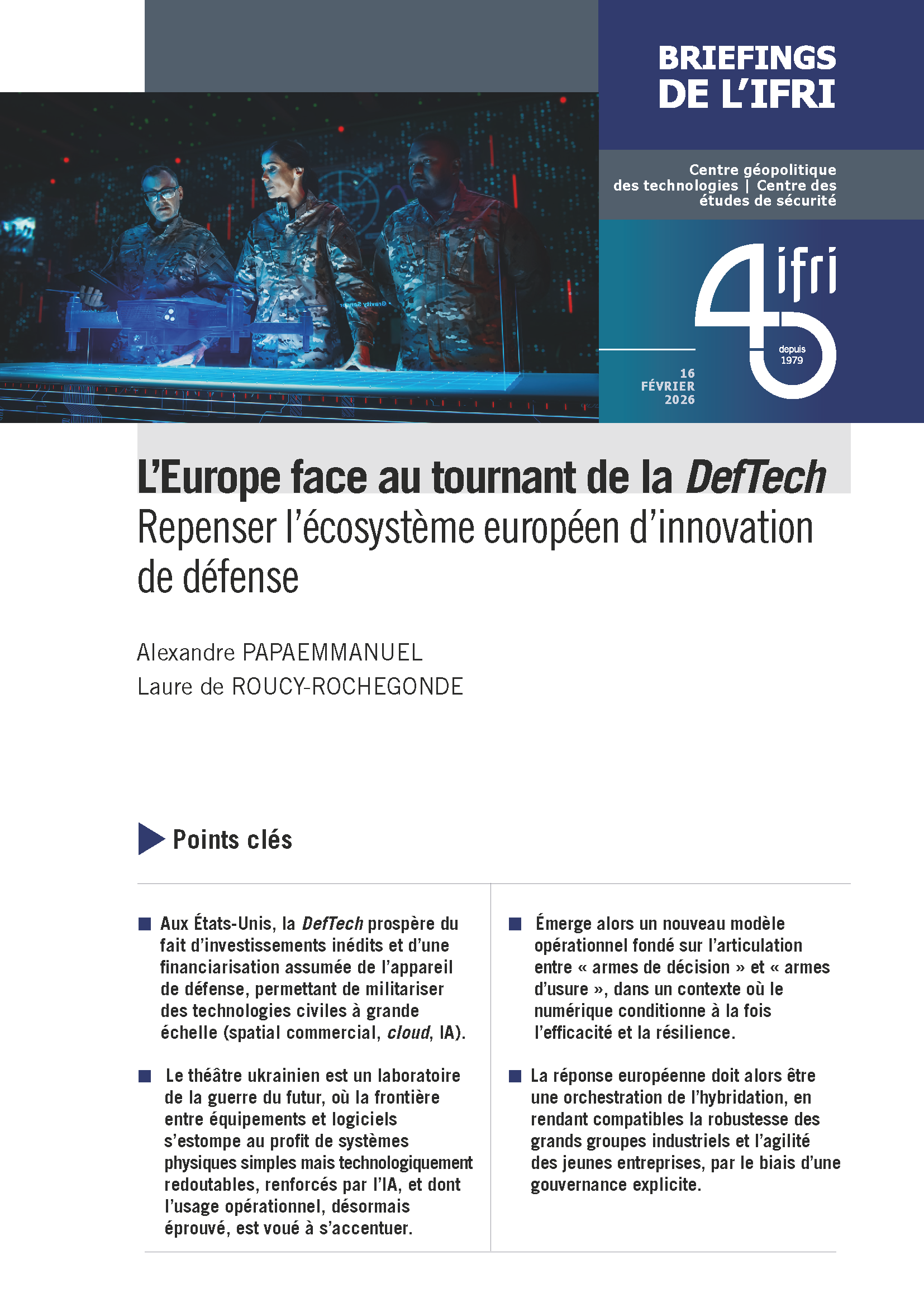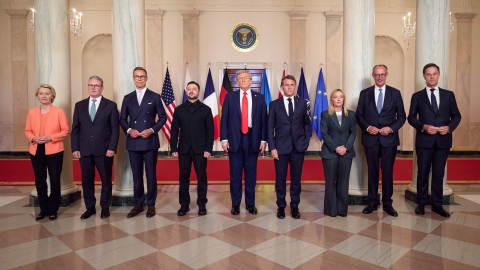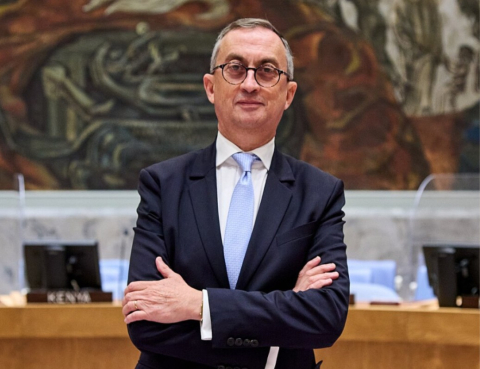Shaping Eurasia: What Convergence between China's New Silk Road and the Eurasian Union?

Informations pratiques
Thématiques et régions
Centres et programmes liés
Ceci est un événement réservé.
En savoir plus sur nos programmes de soutienAs geo-strategic and geo-economic balances evolve across the Eurasian continent, two initiatives – the Chinese-led “Silk Road Economic Belt” and the Eurasian Economic Union – promise to shape the region’s emerging geo-political landscape.
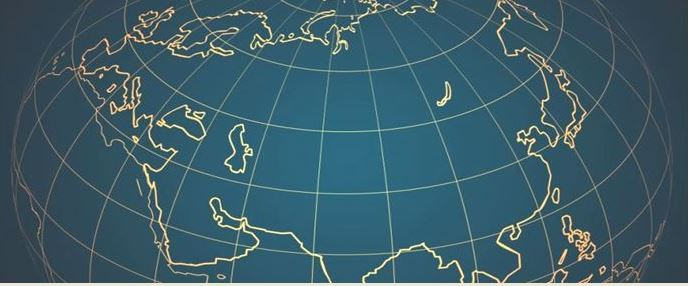
While agreements have been made at the political level to highlight the complementarities of these two strategies, areas of tension lie beneath the surface. In an effort to assess their ability to impact change at regional and global levels, this workshop will flesh out the details of both projects, analyze their underlying assumptions, and discuss where they converge and where they compete.
09:00 – 09:15 Welcoming remarks - Tatiana KASTOUEVA-JEAN, Head, Russia/NIS Center, Ifri
09:15 – 10:30 OBOR and the Eurasian Union: Interests and strategies of key actors
- Timofei BORDATCHEV, Director, Center for Comprehensive European and International Studies, National Research University–Higher School of Economics, Russia
- YANG Cheng, Associate Professor of International Relations, Deputy Director, Center for Russian Studies, School of Advanced International and Area Studies, East China Normal University
- Rakhim OSHAKBAYEV, Central Asia-Caucasus Institute Silk Road Studies Program, Kazakhstan
- Nicu POPESCU, Senior Analyst, European Union Institute for Strategic Studies (EUISS)
Chair: Françoise NICOLAS, Director, Center for Asian Studies, Ifri
10:30-10:45 Coffee break
10:45 – 12:30 What complementarities, what competition?
- Roundtable discussion with speakers from first session, commented and moderated by
Bobo LO, Associate Research Fellow with Ifri’s Russia/NIS Center
12:30 - 13:30 Lunch (by invitation only)
Sujets liés
Autres événements
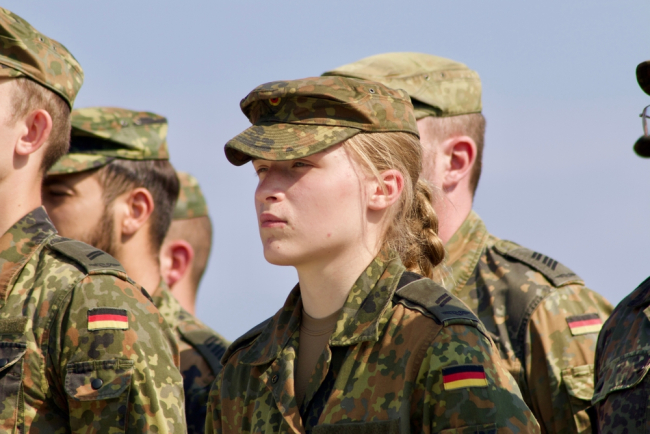
Quelle politique de défense en Allemagne ?
Face à la guerre en Ukraine et à l’instabilité géopolitique en Europe dans un cadre transatlantique perturbé, l’Allemagne a amorcé un tournant majeur dans sa politique de défense, avec une hausse significative des dépenses militaires, la modernisation de la Bundeswehr et le débat sur un éventuel retour du service militaire obligatoire.
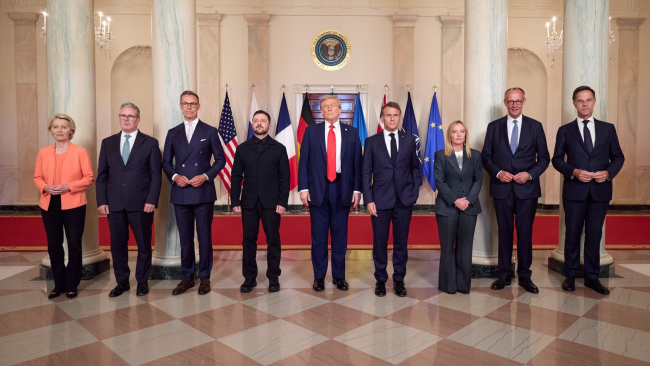
Quatre ans de guerre en Ukraine : verra-t-on la fin du conflit en 2026 ?
Un déjeuner débat autour de Tatiana Kastouéva-Jean, Directrice du Centre Russie/NEI, et Élie Tenenbaum, directeur du

Quel partenariat technologique avec l’Inde ?
Le 16ème Sommet UE-Inde, qui s’est tenu le 27 janvier à New Delhi en présence des dirigeants européens António Costa, Ursula von der Leyen, et du Premier ministre Narendra Modi, marque un tournant dans le renforcement des liens entre l'Union européenne et l'Inde. Parallèlement, les visites bilatérales se multiplient, à l’image de celle du Président français qui s’est rendu en Inde mi-février pour participer au Sommet sur l’Intelligence Artificielle.



